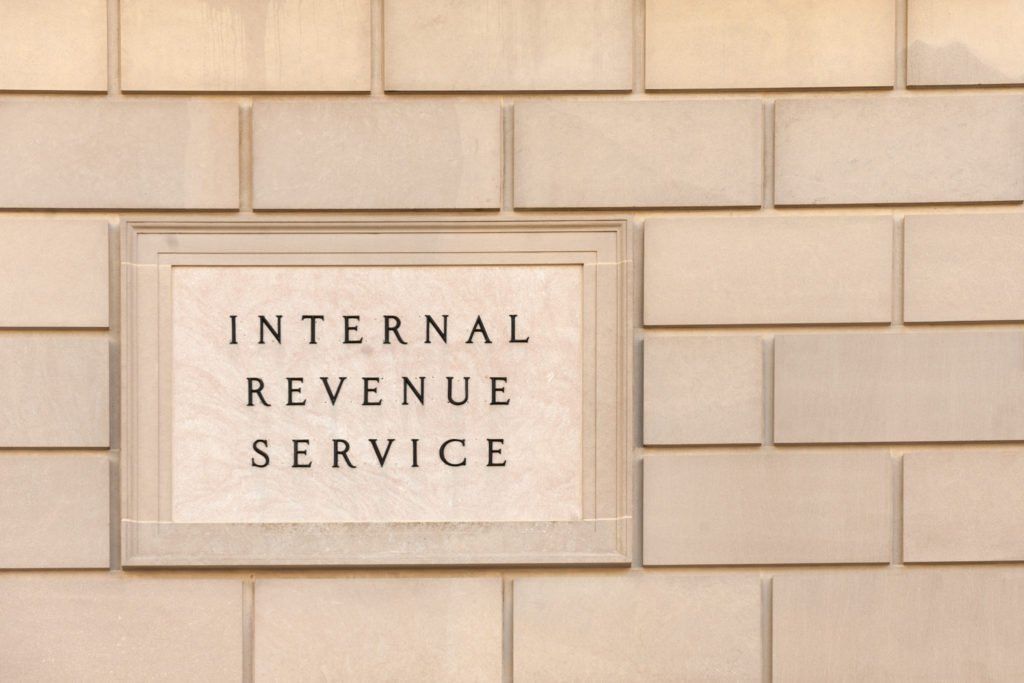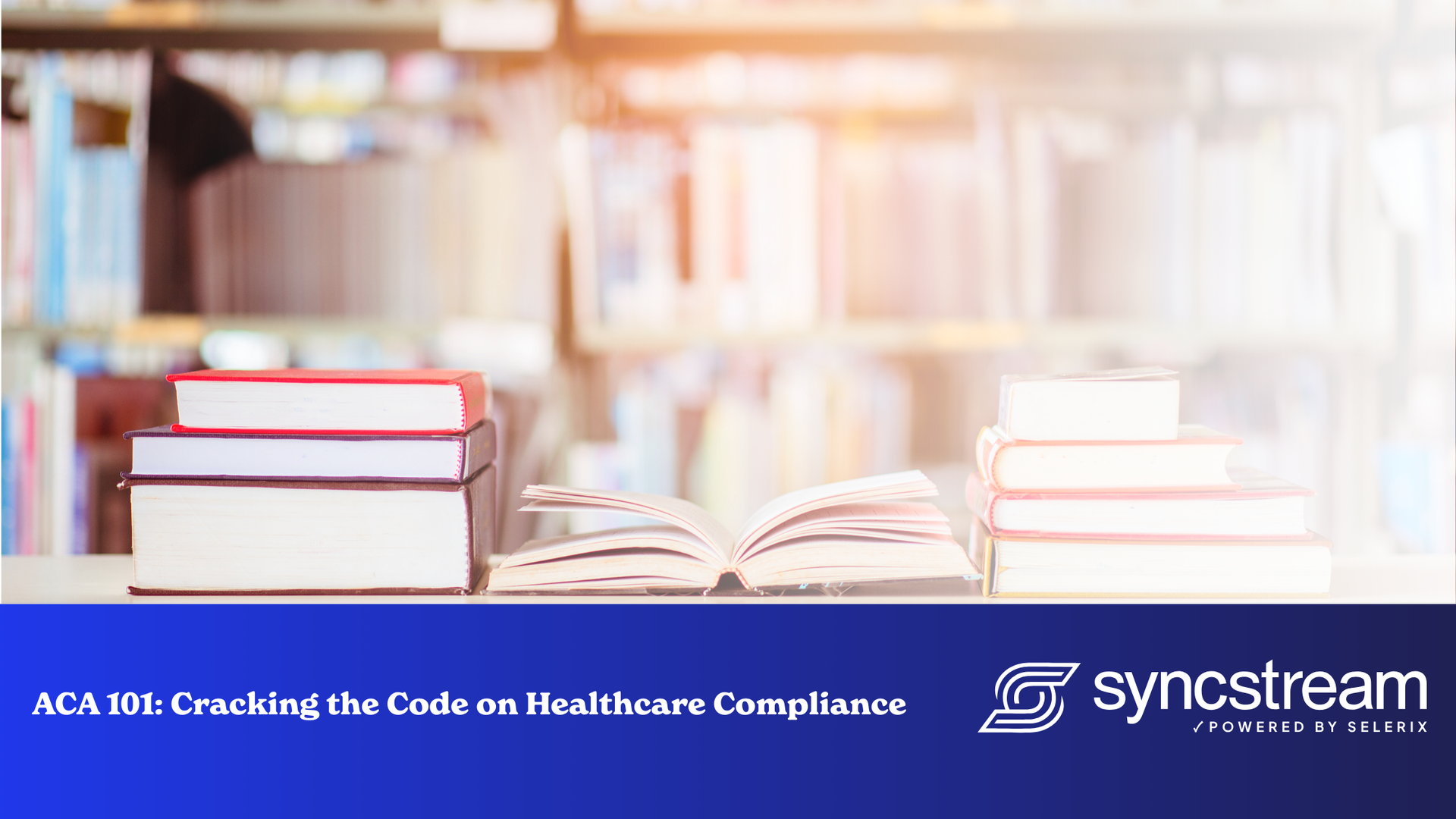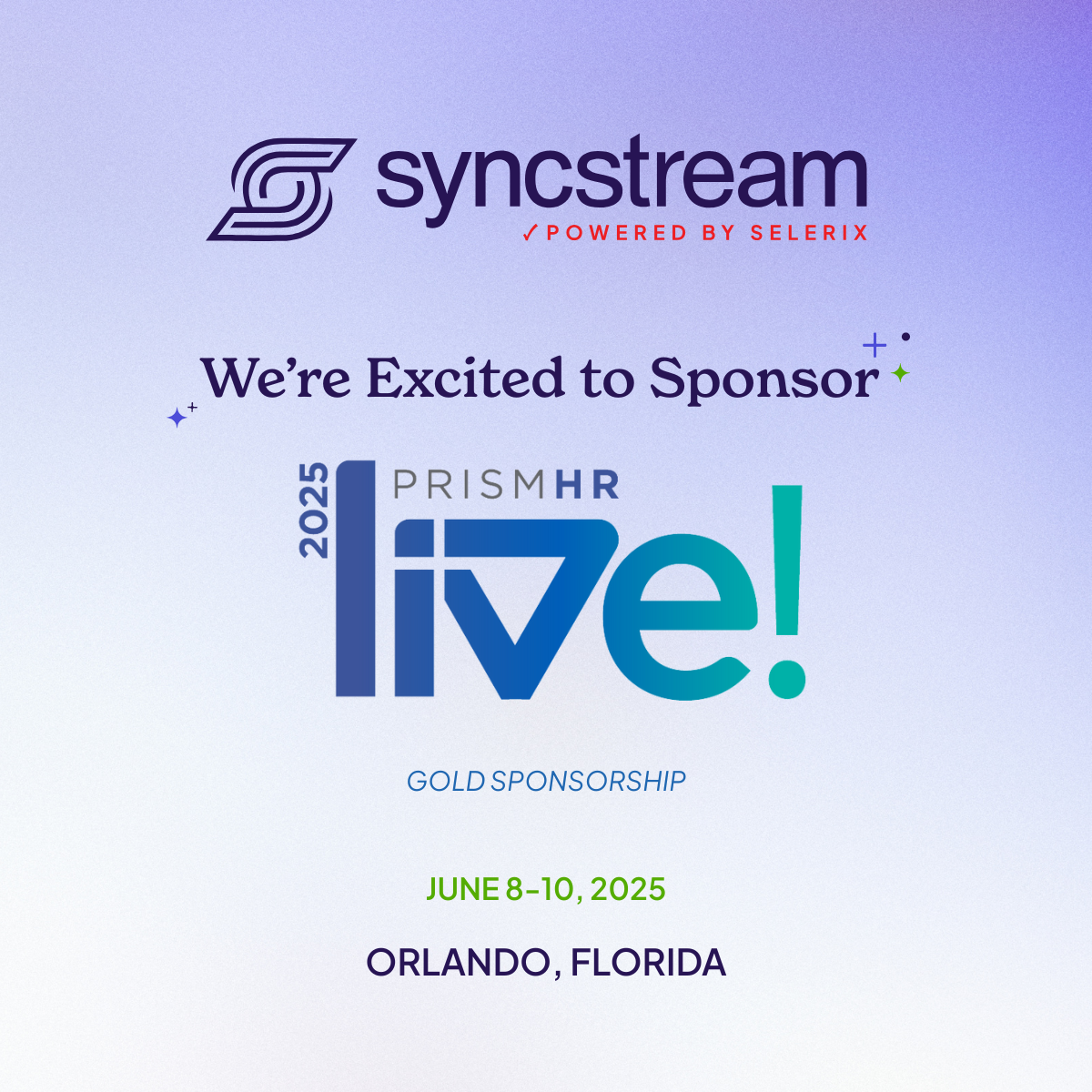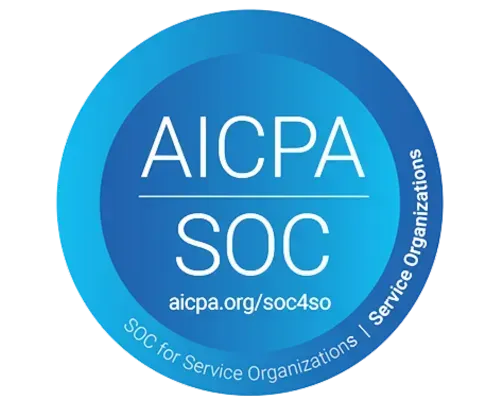ACA Penalties have no statute of limitations!

We are neck deep in the current ACA reporting cycle and while the main focus of employers should be meeting their fulfillment and e-filing deadlines, it is important they take note of a clarification recently made by the Internal Revenue Service. The IRS has stated that penalties for noncompliance with the Employer Shared Responsibility Tax have no statute of limitations on when the IRS can impose them. This means that employers are never “safe” or “out of the woods” from receiving penalty letters, even from the very first reporting season, which happened in the spring of 2016. This clarification came from the Chief Counsels Office at the IRS, and the entire memorandum can be read here: https://www.irs.gov/pub/irs-lafa/20200801f.pdf
In the memorandum, the Chief Counsel cites many cases that lay the foundation for how typically a statute of limitations is imposed on taxes, however concludes that the Employer Shared Responsibility tax does not meet the same criteria and Congress did not otherwise expressly state a statute of limitations for these penalties, therefore one does not exist. This gives employers all the more reason to make sure that they are fully in compliance with the requirements of the Employer Shared Responsibility Tax.
As a reminder the ACA’s Employer Shared Responsibility tax creates two separate assessable payments that an Applicable Large Employer (ALE) could be subject to: (1) the 4980H(a) penalty and (2) the 4980H(b) penalty. Section 4980H(a) imposes an assessable payment on ALEs who fail to offer minimum essential insurance coverage to their full-time employees and at least one full-time employee has been certified as receiving a premium tax credit. Section 4980H(b) imposes a separate payment on ALEs that offer insurance that is unaffordable so that one or more full-time employees are certified to the employer as being qualified for a premium tax credit. The 4980H(a) payment is made for all full-time employees (minus a 30-employee reduction), while the 4980H(b) payment is paid on the actual number of full-time employees who are certified as qualified for the premium tax credit. Therefore, the amount of the payment cannot be determined until it is known exactly how many employees may be entitled to the premium tax credit. Anything that an ALE is liable to pay under section 4980H is called the Employer Shared Responsibility Payment (“ESRP”). To determine the ESRP, the Service collects information from both the ALEs and their FTEs through the collection of the 1095 and 1094 tax forms.
In light of this, it is also important to note that noncompliance is more expensive now than it has ever been since the penalty amounts are adjusted on an annual basis. See the penalty amounts this year compared to last year in the table below:
2018 Penalty Amounts
2018 Penalty Amounts
2019 Penalty Amounts
4980H(a) Penalty Amount
$2,320 per FT employee (minus 30 employee reduction)
$2,500per FT employee (minus 30 employee reduction)
4980H(b) Penalty Amount
$3,480 per FT employee that received PTC
$3,750 per FT employee that received PTC
As an Applicable Large Employer (ALE) you could face significant penalties for noncompliance and now we know there is defined expiration on your liability associated with those penalties. It is important that you reevaluate your internal compliance plan and may also be a good idea to reevaluate your ACA compliance vendor and make sure you are truly in compliance with the law.





